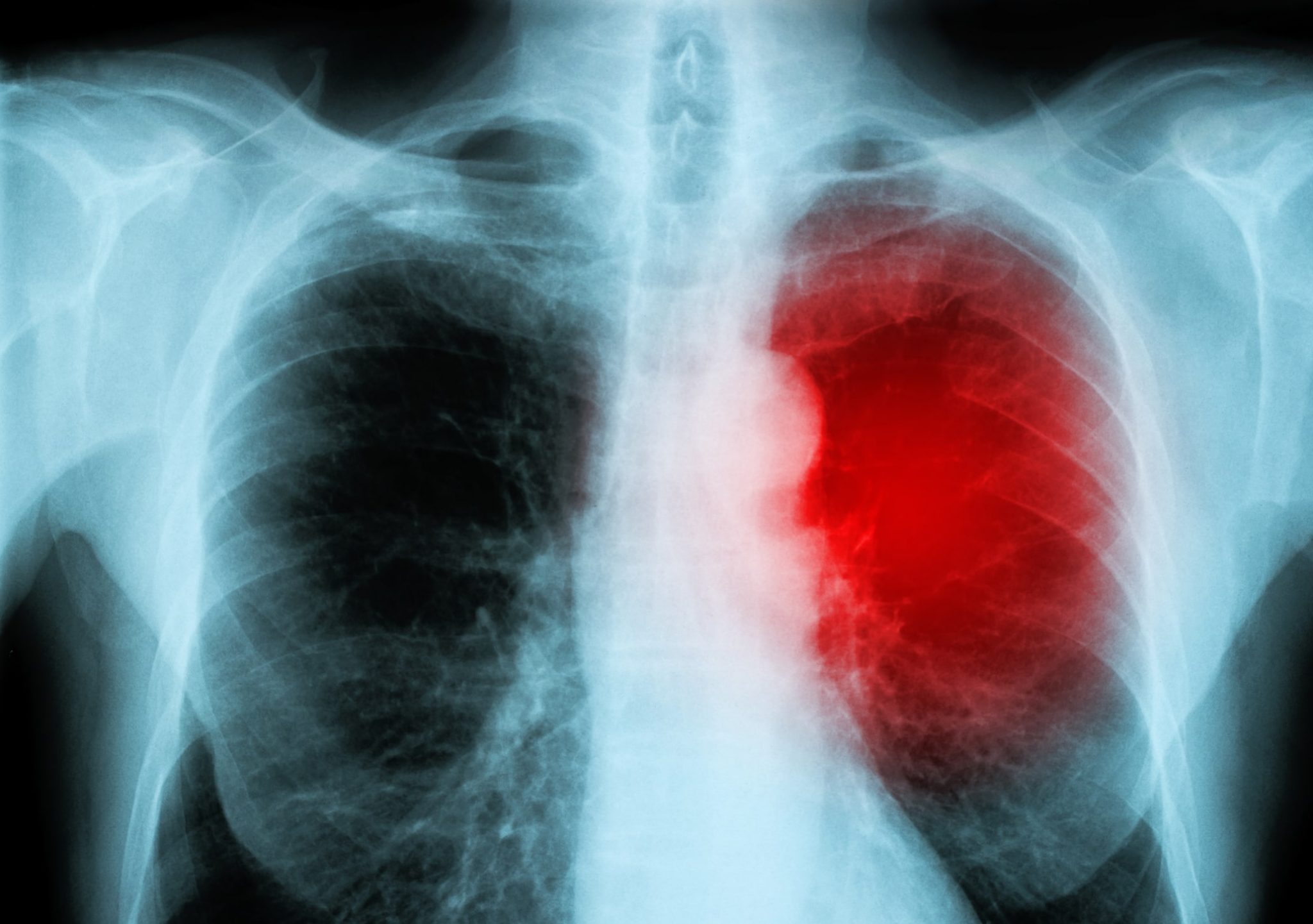<< Back
What is Myocarditis, COVID-Related Heart Condition That Has Sidelined Red Sox Pitcher Eduardo Rodriguez?

July 27, 2020
Eduardo Rodriguez, the Red Sox’ No. 1 starting pitcher, is out indefinitely with myocarditis, a heart condition now associated with COVID-19 even in patients with no history of heart disease.
The Red Sox said this weekend that Rodriquez, 27, would remain inactive temporarily, but medical experts typically recommend people should avoid competitive sports for three to six months at a minimum.
“Healthwise, I feel normal,” Rodriguez said during a virtual press conference. “They just told me to take a rest for a week and wait to get the next tests and see what it is.”
Data from China, published in JAMA Cardiology in March, indicated up to 20 percent of COVID-19 patients experience cardiovascular complications caused by the coronavirus.
“We’re not sure yet if it is a direct attack of the virus to the heart or if this is just a reflection of systemic inflammation and multisystem failure,” said Dr. Heather Swales, director of the Women’s Heart Wellness Center at The Hospital of Central Connecticut in New Britain. “But it can happen to anyone.”
Even in patients with no history of heart disease, the signs can appear immediately life-threatening: an abnormal heart rhythm and high levels of troponin in the blood that indicate heart-muscle damage. Doctors might logically conclude such a patient has blocked arteries, but when the inflammation is caused by COVID-19 that might not be the case.
Instead, it’s more likely the patient has myocarditis, an inflammation of the heart wall’s muscular layer. This disease, caused by a virus, can also create chest pain and breathing difficulties. The inflammation is a byproduct of the body’s immune system response to the viral infection. Severe damage to the heart muscle, identified through troponin levels, is now linked to a higher risk of death in patients with COVID-19, according the JAMA Cardiology report.
Rodriguez said when he starting feeling the full effects of the coronavirus July 19, it was like nothing he had experienced.
“I feel like I was 100 years old,” he said. “My body was tired all the time. Throwing up. Headaches. . . . all the symptoms.”
An estimated 10 percent of patients with COVID-19 who also have preexisting cardiovascular disease will die — a rate 10 times higher than COVID-19 patients who do not have a history of heart problems. High blood pressure, or hypertension, can also increase risk. Some blood pressure medications, such as angiotensin converting enzyme (ACE) inhibitors and angiotensin receptor blockers (ARBs), have been scrutinized because COVID-19 attaches to the ACE2 receptor in lung and heart tissue. (People who take these medications have more of these receptors.)
“There’s a lot of concern about hypertension,” said Dr. Swales. “A lot of people have concerns about whether they should be taking their ACE inhibitor or ARB. But, right now, the American College of Cardiology and American Heart Association are recommending that these medications should be continued.”
Age is a primary risk of COVID-19 because our immune system weakens as we get older. Older people are also more at risk of cardiovascular disease.
“So is it necessarily that cardiovascular disease is the problem or is it age?” said Dr. Swales. “Because there’s a clear issue with lack of immunity. And as we get older, all of our immune systems decrease in function.”
Major League Baseball allows players considered high risk to opt out of playing the abbreviated season that just begun. Players will still receive prorated season salaries. Rodriguez said he will not opt out.
For more information on the Hartford HealthCare Heart & Vascular Institute, click here.
Not feeling well? Call your healthcare provider for guidance and try to avoid going directly to an emergency department or urgent care center, as this could increase the chances of the disease spreading.
Click here to schedule a virtual visit with a Hartford HealthCare-GoHealth Urgent Care provider.
Stay with Hartford HealthCare for everything you need to know about the coronavirus threat. Click here for information updated daily.
Questions? Call our 24-hour hotline (860.972.8100 or, toll-free, 833.621.0600).
Get text alerts by texting 31996 with MoreLife in the message field.